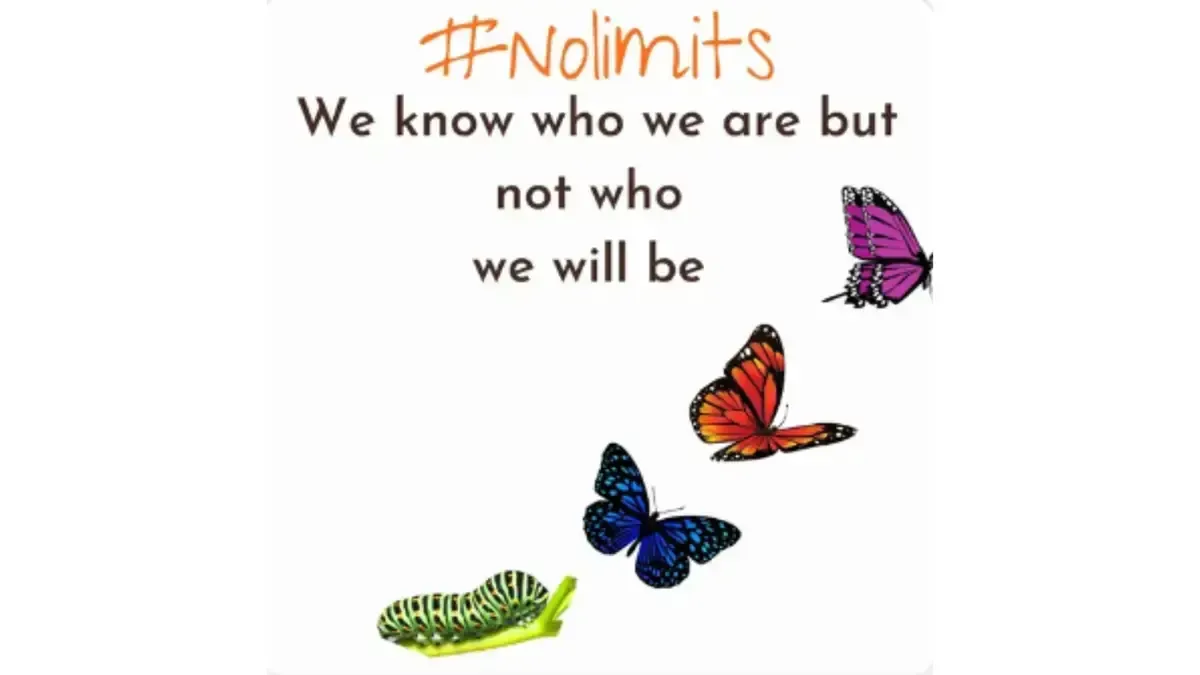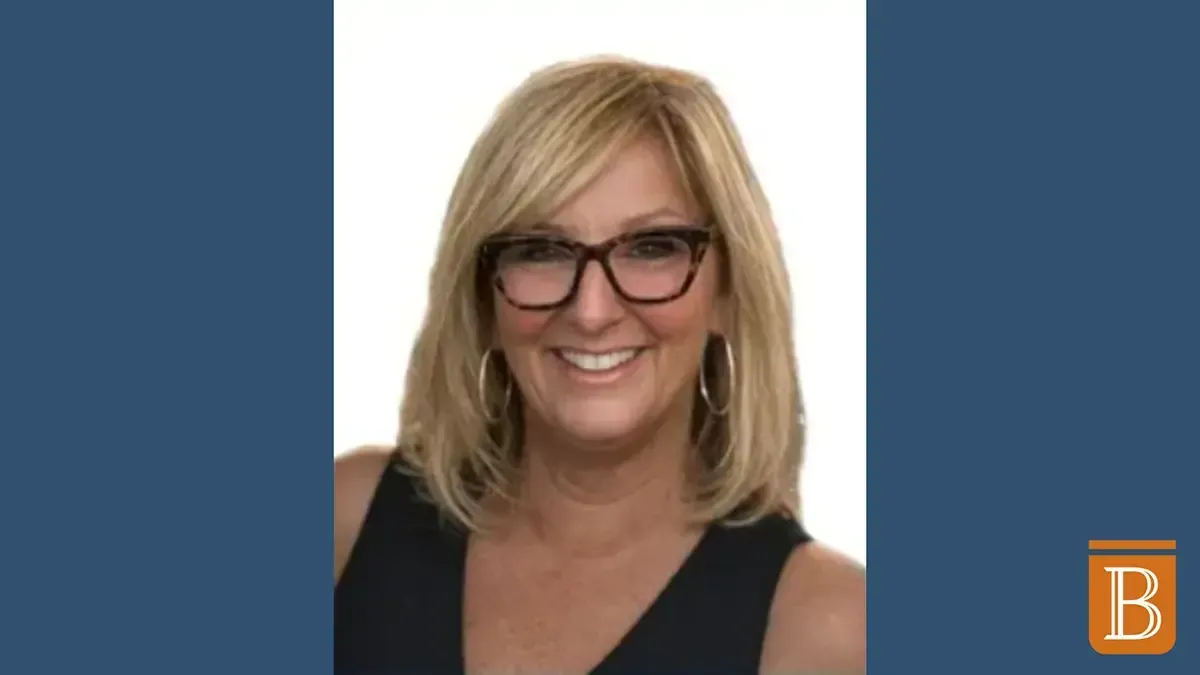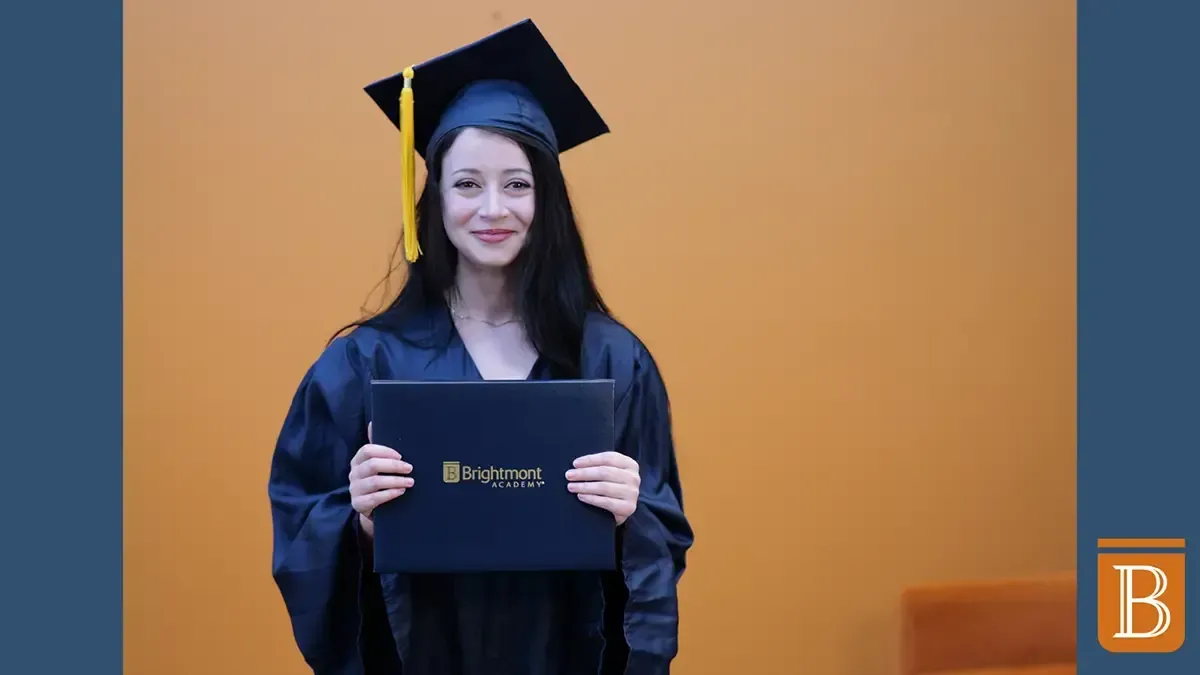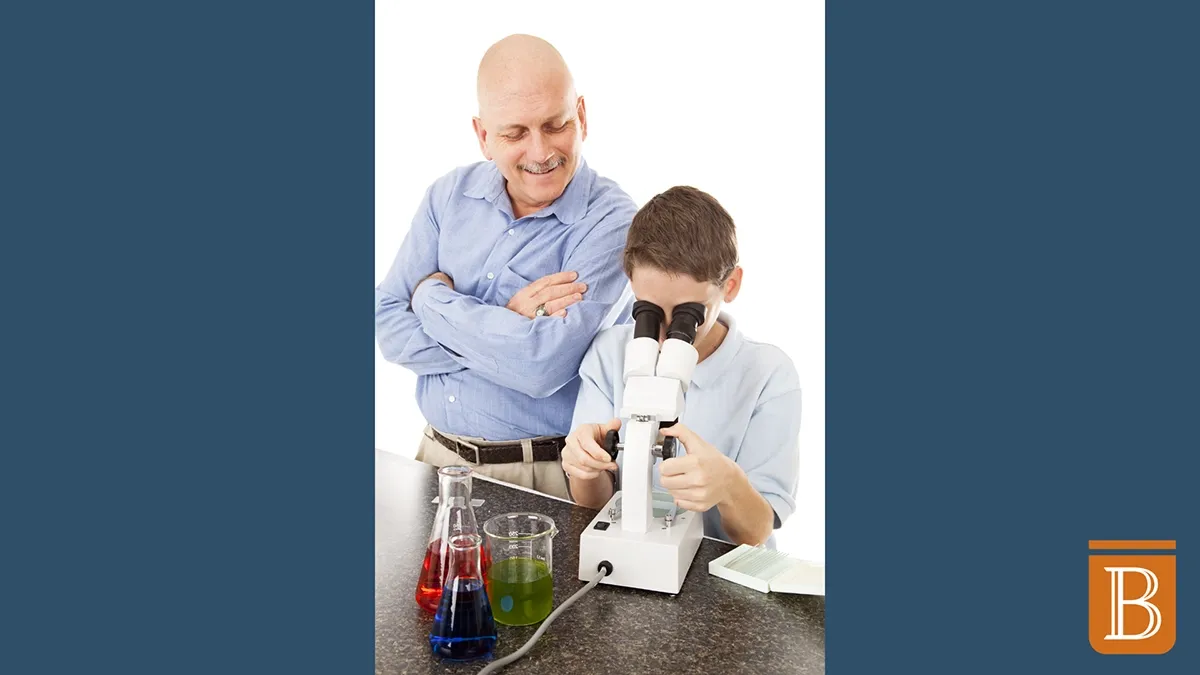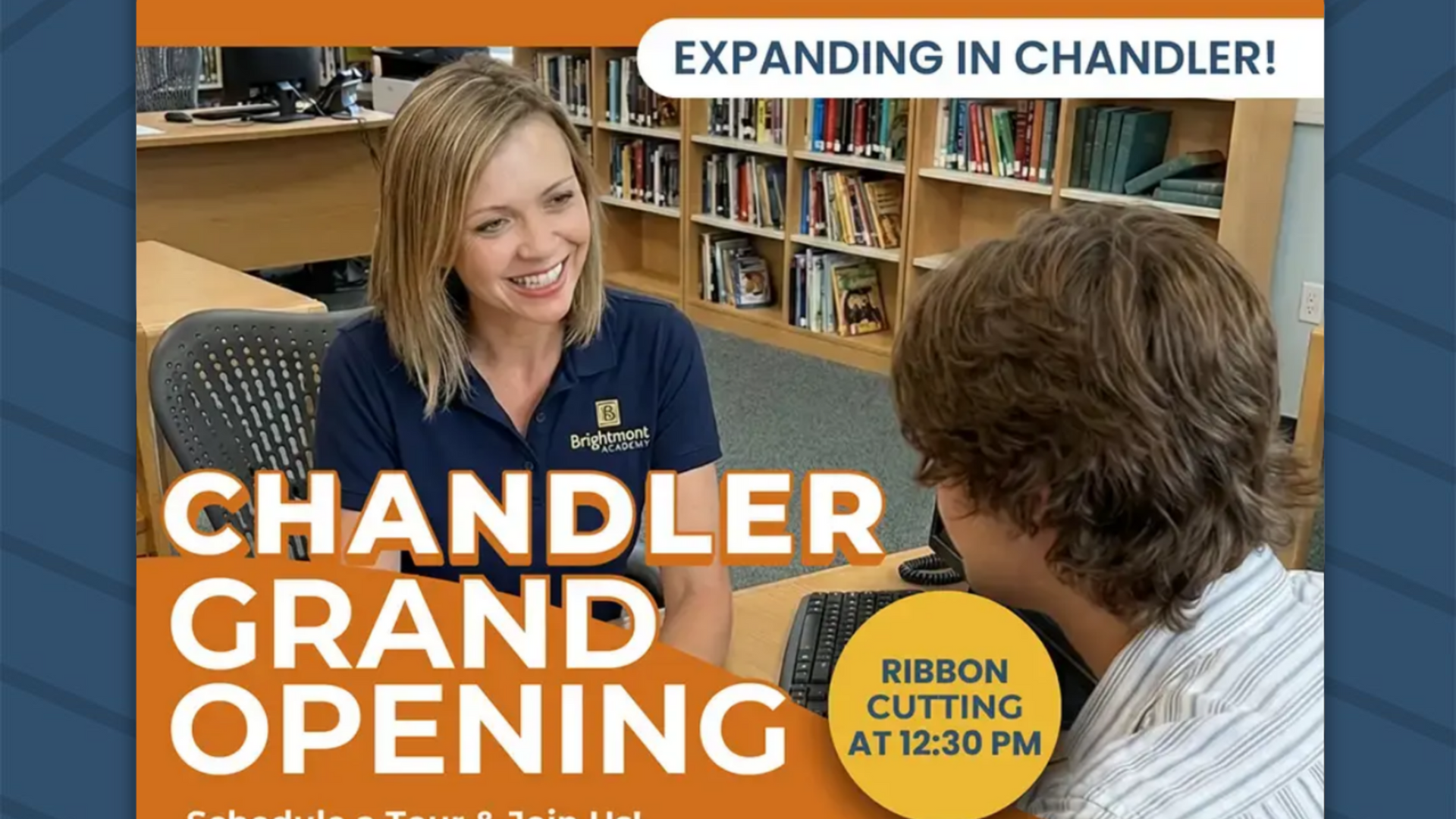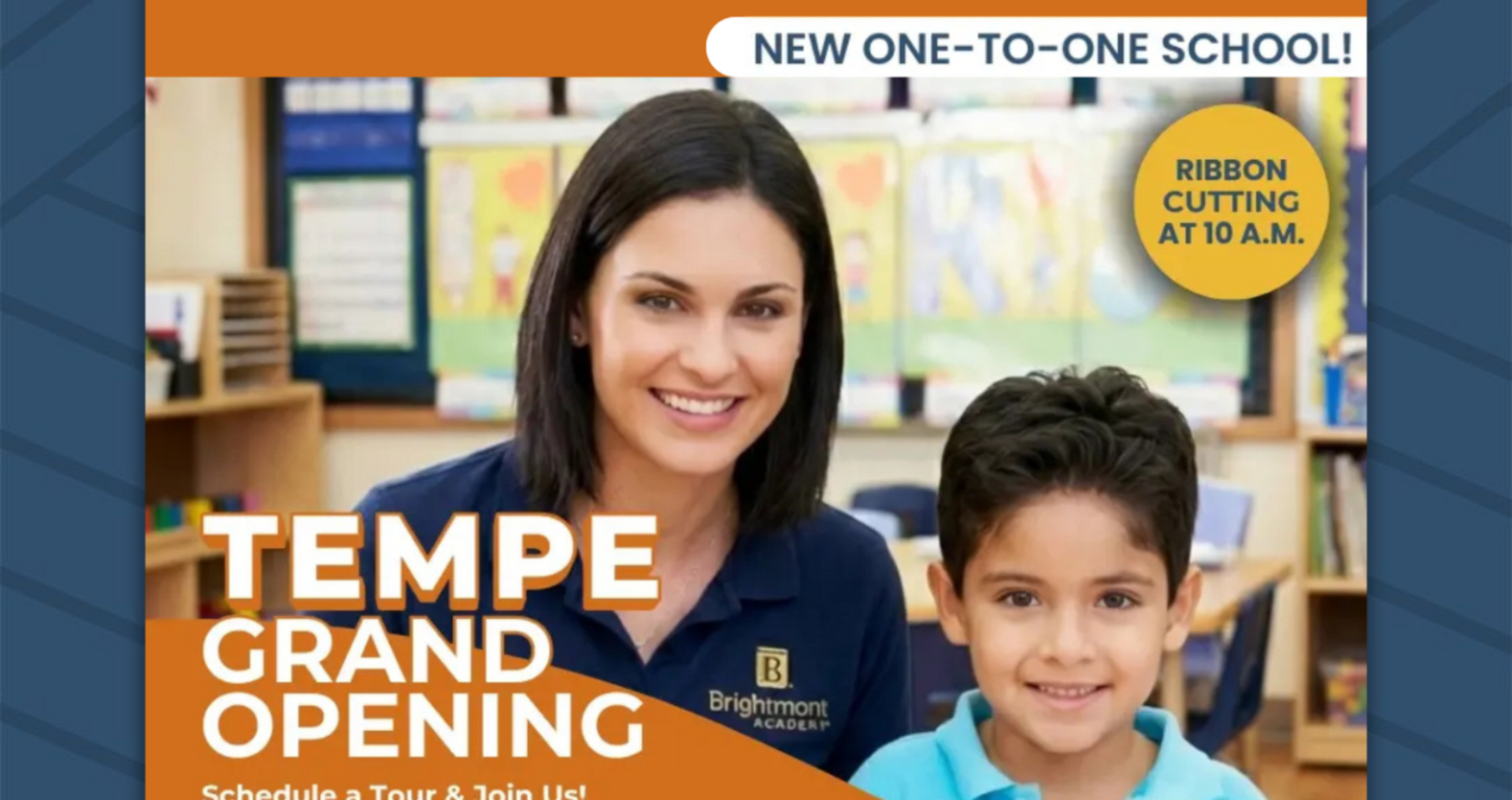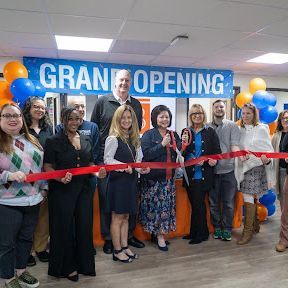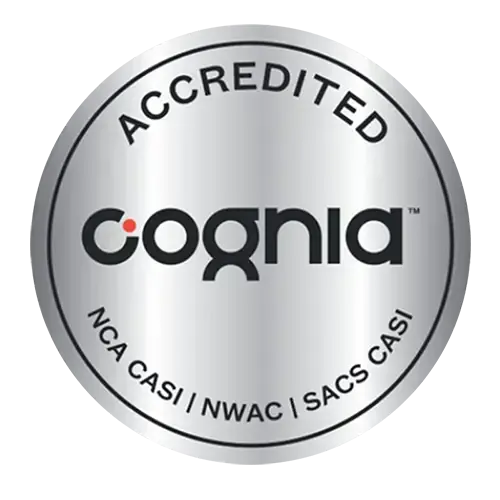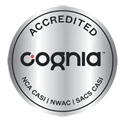Graduation: Getting Through Grief & Embracing Change
Caps, gowns, and diplomas. Parties, pomp, and circumstance. A joyous, pride-filled milestone for parents and students alike. To graduate from high school is indeed a cause for great celebration, even relief, as well as hopeful anticipation of the months and years ahead. However, as with any major life change, there is loss—and where there is loss, there is grief.
Cindy Engelkes spent 25 years in children and youth ministry, and now works as a licensed marriage and family therapist. When it comes to helping high school graduates through change and the possibility of grief, Cindy offers the following tips for students and those who love them…

Prepare for the Possibility of Grief “The key is to acknowledge it before it happens,” says Cindy, “and to get ahead of the kind of grief that doesn’t recognize itself.”
Without knowing that grief is a possibility, students may act out unconsciously in a variety of ways. They may procrastinate the necessary tasks to move on: to apply for jobs, to pack for college, etc. They may disengage from and avoid the people with whom they’ve been close. They may get irritable, angry, depressed, etc.
“Make sure to take some time to talk about some of the changes that come with graduating,” recommends Cindy. “Ask good questions. Empathize.”
A few solid conversation starters include: “Have you thought about…?” “I remember when I graduated and felt…” “What do you imagine it will feel like to…?” In other words, help students bring their grief to the surface in order to deal with it more openly and planfully.
Make a Plan
The losses related to graduating may be numerous. Friendships and familiar surroundings. Teachers and sports teams. Identity and status. Change in one facet of life is hard. In combination, it makes sense that it could feel devastating.
“A plan can make a big difference in processing grief in a healthier way,” says Cindy.
Encourage graduates to brainstorm with their friends on creative ways to stay in touch. Research options for places to go and things to do. Help them plot out drafts of a weekly schedule.
“It’s really a matter of removing some of the mystery—and, in turn, confronting some of the fear—around the months ahead,” says Cindy.
Remember Changes Past
“Sadness and fear go hand in hand,” adds Cindy. “These emotions are valid, of course, but it’s important to move through and past them versus adopting them for the long run.”
With the right mindset, memories can serve as confidence boosters, inspiration, and sources of hope. Personal memories become even more powerful when paired with other people’s success stories regarding change and navigating it well.
“As graduates begin to cross over into new territory as adults, it’s important to remember to remember,” says Cindy. “With positive stories front of mind, they are more likely to see the days ahead as positive, too.”
It’s not uncommon for families with graduates to get out all kinds of mementos from the past 18 years. It’s natural to get sentimental. But photos and keepsakes can also help families remember and honor past successes, as well as anticipate the future with hope and optimism.
“Graduates are asking themselves a lot of questions during this season of their lives: ‘Will I make new friends? Will I be able to take care of myself? Will I succeed?’” says Cindy. “It’s important to assure them of our support and how we will continue to walk alongside them. It’s also important to be honest about what independence looks like, but nobody—child or adult—is meant to bear life alone.”

The Brightmont Difference
Grief is real and can be really serious for high school graduates, especially for students with learning differences and all the challenges that come with them. Brightmont Academy , however, is well known for helping students grow in independence and look forward to the years ahead.
Through its unique one-to-one private school model, Brightmont has prepared students like Erica to move with greater ease into adulthood. After graduating from high school, Erica attended the University of Puget Sound to study History and German. Not only did Erica face the transition between high school and college with confidence. She also earned her degree with Summa Cum Laude honors!
“I feel that my academic honors are due largely to the skills and habits I learned at Brightmont, especially critical thinking and independent learning skills,” says Erica. “I always felt I had a very real advantage from day one because of Brightmont!”
In other words, Brightmont offered Erica a holistic solution not only for the short term, but also to help her meet her future with great anticipation and the right tools. For graduates, change is hard and grief may come, but Brightmont students are equipped to go far!
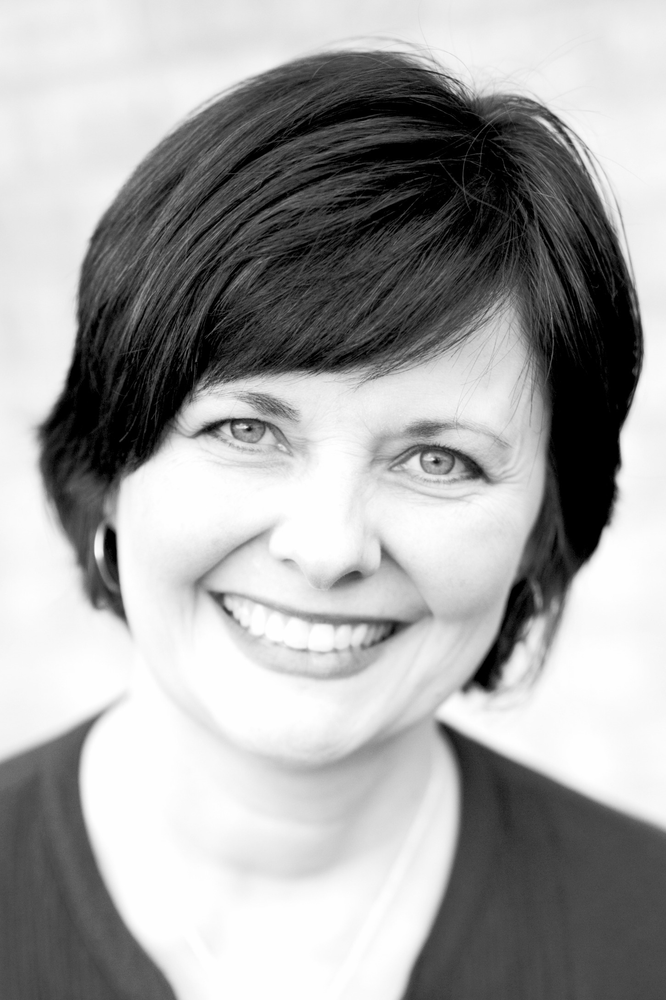
Barbara Farland is an English & Social Studies instructor at Brightmont Academy in Plymouth, Minn. She holds a master’s degree in Business Communication from the University of St. Thomas and, prior to pursuing a second career in education, worked as an award-winning public relations and communications professional in both the corporate and nonprofit sectors. As a “storyteller by nature and teacher at heart,” Barbara continues to contribute to various anthologies, among other writing projects.
More Blog Posts + News
